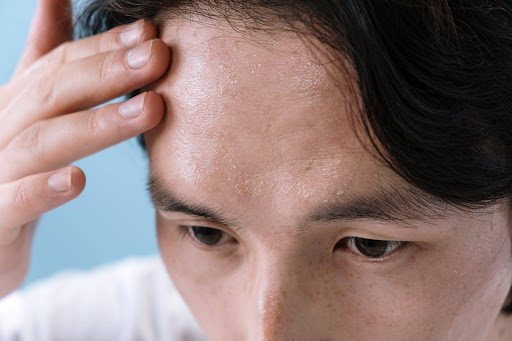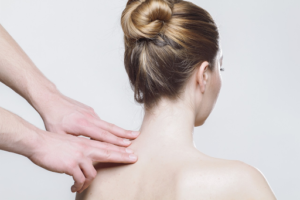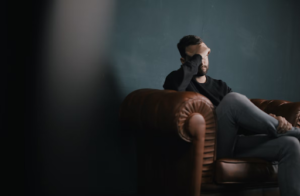Nearly everybody experiences stress eventually in their lives. A too high quantity of stress and anxiety is bad for your physical and psychology health. But, can stress lead to hair damage or hair loss problem? Some people claim that genetic factors, diet, and other issues cause hair thinning. However, stress is another factor that increases the risk of hair loss.
Losing Hair Due To Intense Stress
If hair loss problems occur due to stress, it is known as telogen effluvium. Your hair goes through 3 phases:
- Growth (anagen)
- Transition (catagen)
- Resting (telogen)
During the resting period, older hair strands come out and provide space for newer hair. It is normal hair shedding for every individual. However, emotional or physical stress causes telogen effluvium, where many hair strands rest.
Skin doctors treat it with topical immunotherapy. The scalp suffers most from this hair damage. Only in a few cases, it affects pubic hair and eyebrows. You may also notice an adverse effect on hair textures. Stress affects hormone production essential for normal hair growth. That is why you will find brittle, dry hair.
Detecting Hair Loss Problems Caused By Stress
If you have experienced a stressful event, telogen effluvium occurs after 90 days. You may find your hair falling out without any reason. Some people also experience intense and rapid hair loss.
A daily hair loss of 100 is normal. Sometimes telogen effluvium causes hair loss. Your comb will be full of hair within a few days. Clumps of hair may fall out after taking a bath.
Manage Your Hair Loss Issues With A Few Tips
Reducing your stress is the most important step for avoiding hair loss. However, it is essential to have a healthy diet to promote hair growth and reduce stress. Nutritious food will also fix your damaged cells and strengthen your immune system. Add protein-rich food to your diet and have more hair growth vitamins.
You can find no way to avoid hair loss caused by stress. However, with a few tips, you can reduce the hair loss rate. Ensure your blood circulates the hair to lower the risk of TE. Your use of the hair dryer and the application of the dye will also affect the health of your hair.
Treatment for hair loss depends on the main cause of the problem. Sometimes, modifications of the lifestyle reduce hair loss issues. Furthermore, deep breathing is a stress management technique to help you reduce your hair damage risks.
Conclusion
There are different ways to prevent stress-related hair damage. You can speak to a professional barber in your locality to learn about the hair care tips. They will also guide you in choosing the right haircut. For instance, you can compare the taper vs fade haircut to make the right decision and strengthen your thin hair strands. In some cases, you may need medical treatment for the hair loss problems.


